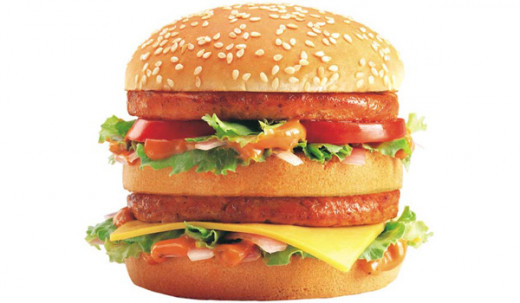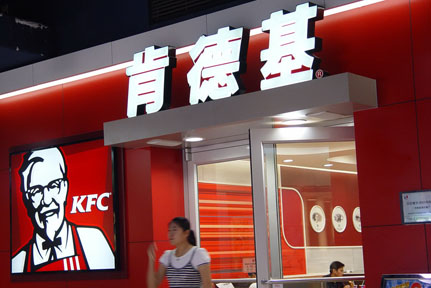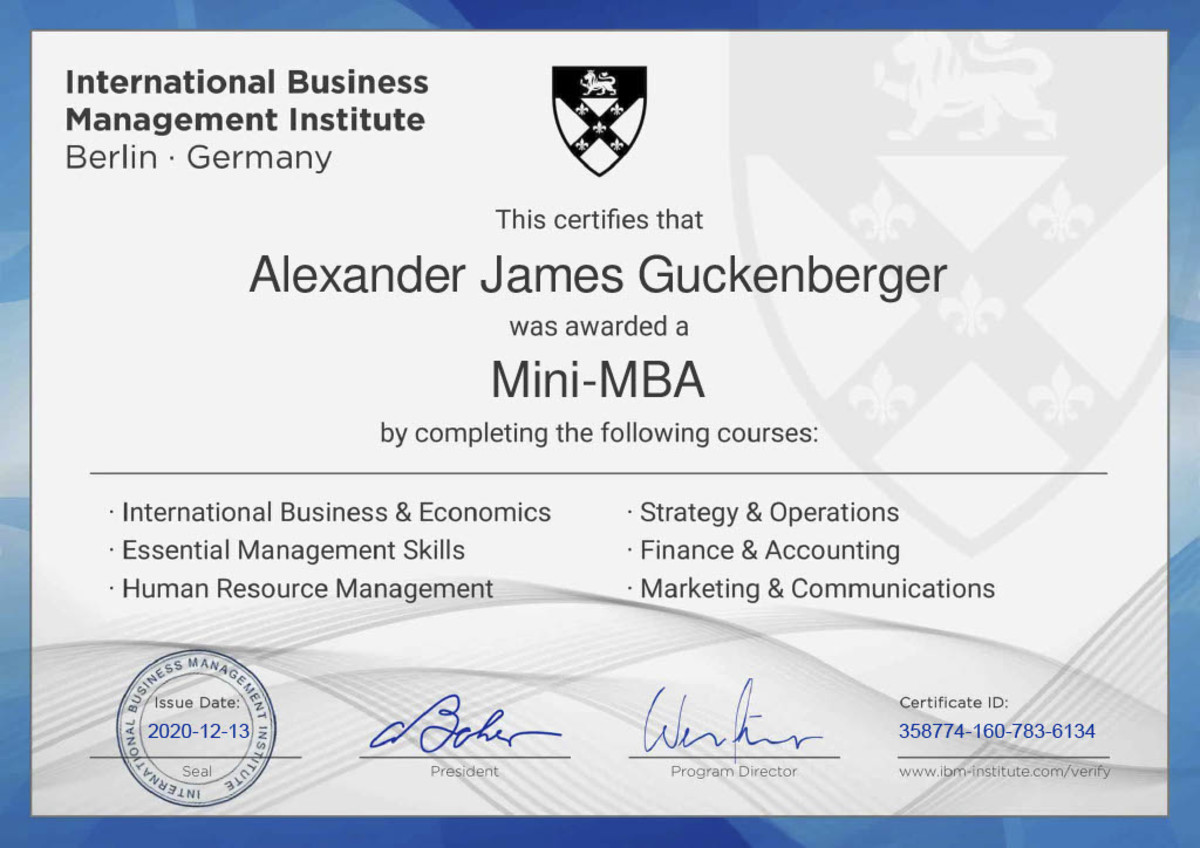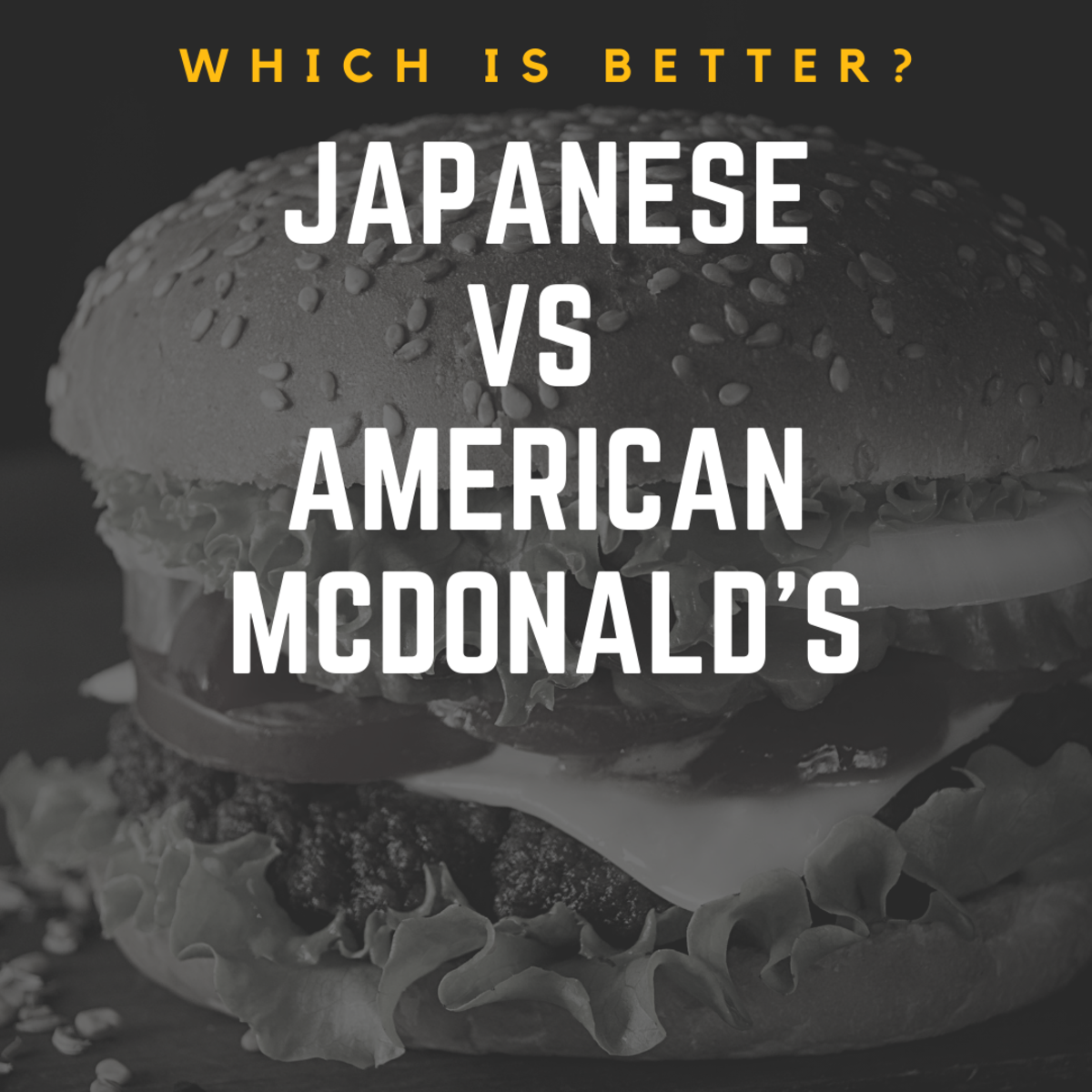Terms Related to International Business - What is Glocalization?
McDonald's in India

Glocalization - An Introduction
Glocalization can be defined as the adaptation of a product or service to the tastes and preferences of locals in foreign markets.
In the age of globalization, large American corporations like McDonalds and Disney expanded their operations to other regional markets outside of the United States. In doing so, these corporations found that the peoples of those foreign markets were not receptive to American products wrapped in American packaging. In fact, they ran into obstacles due to long-established "national habits, local brands, and distinctive regional tastes" (Satterlee, 2009, p. 5). In light of this situation, American corporations learned they had to adapt their products and services in order to be accepted by locals in foreign markets.
This hub answers the question: what is glocalization and how does it relate to international business?
KFC in China

Glocalization - Think Globally, Act Locally
In the age of global expansion, large corporations such McDonalds, Starbucks, KFC, Tesco of the UK, Nokia of Finland came to realize that if they wanted to succeed in their expansions to foreign markets they had to think locally. This means that global business managers had to research the potential markets to gain a thorough understanding of the cultural norms of the dominate culture of each region of local market. (Casestudyinc.com, 2013). From their research cultural research, these organizations renamed their stores or added menu items that were appealing to the members of their host cultures; while at the same eliminating potentially offensive items or décor. The lessons of glocalization opened up greater opportunities for these corporations in terms of international trade.

Adaptation in International Trade - Examples of Glocalization
McDonald's
McDonald's is perhaps the most often cited case of adaptation to local favorites in order to establish their restaurants in foreign markets. The global business leaders at McDonald' devised a strategy to seek out the preferences of local consumers and then set up operations and devise products and services accordingly. Julia Werdigier of the New York Times (2007) noted how McDonald's shifted its interior designs to appeal to consumers in Europe. They also produced menu items relevant to markets such as India where they offer a Maharaja Mac formulated to the preferences of Hindus who do not eat beef.
Coca-Cola
Coca-Cola has also taken up the mantel of localizing its operations in order to appeal to a wider audience in foreign markets. For instance, Coca-Cola has learned to incorporate their trademark design within cultural, aesthetically appealing marketing as can be observed on their various websites: such as: cocacola.co.za (South Africa), coca-cola.com.cn (China), coca-cola.de
(Germany). (Nahai, 2012).
KFC
Kentucky Fried Chicken also tailors its menus to local markets. Maggie Starvish (Harvard Business Review, 2011) noted KFC's explosive growth in China.
In doing so, Starvish highlighted the following key concepts that contributed to the recent success, including:
- In China, KFC's strategy was to be part of the local community, not be seen as a foreign presence.
- China division chairman and CEO Sam Su combined the best ideas from the US fast-food model and adapted them to serve the needs of the Chinese consumer.
- Only a small number of menu items would be familiar to Western visitors—the Chinese KFC offerings include fried dough sticks, egg tarts, and foods tailored to the tastes of specific regions within the country.
- To counter concerns about fast food and obesity, Su offered a healthier menu and supports exercise and youth events.
Thus, the key to successful expansion in international trade and foreign markets is to study the local culture and offer products and services that are relevant to the local consumers.
References
Satterlee, Brian. (2009). Cross Borders Commerce.
Casestudyinc. (2013). Globalization Examples - Think Globally aand Act Locally. Casestudyinc.com
Starvish, M. (2011). KFC's explosive growth in China. Harvard Business School - Working Knowledge. hbswk.hbs.edu/item/6704.html
Werdigier, J. (2007). To Woo Europeans, McDonald's Goes Upscale. New York Times.








